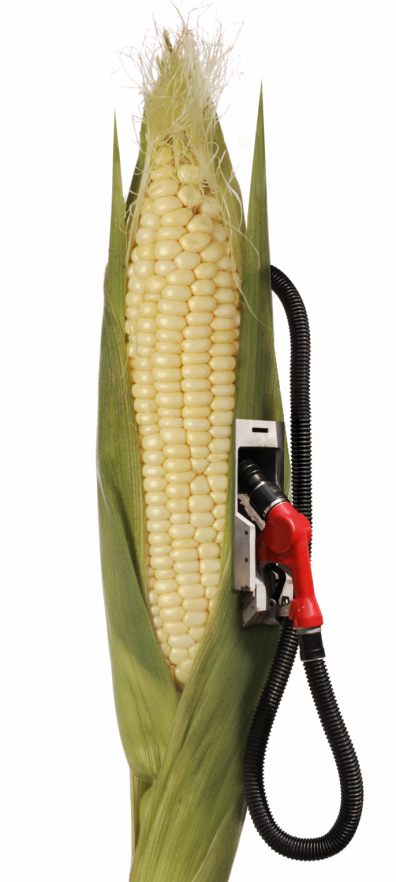In a bid to combat soaring prices at the pump, President Joe Biden approved temporarily allowing E15—15 percent ethanol blended with 85 percent gasoline—to be sold from June 1 through September 15.
The announcement came the same day as the Labor Department reported consumer prices in March were up 8.5 percent from a year ago—the biggest jump in inflation since December 1981. Gas prices are up 48 percent from 2021.
The sale of E15 during summer months was barred by the U.S. Environmental Protection Agency (EPA) in most areas of the country in 2011 because the agency estimated it would prevent some regions from meeting ozone standards under the 1970 Clean Air Act (CAA) because higher ethanol use can contribute to the formation of smog in warm weather.
E15 is sold at less than 2 percent of service stations nationwide, most of them in the Midwest.
First Trump, Now Biden
The 2005 Renewable Fuel Standard (RFS) required gasoline to be blended with biofuels. By far the most widely used biofuels blend is E10—gasoline blended with 10 percent ethanol.
In 2019, under then President Donald Trump, the EPA allowed the sale of E15 year-round, arguing that E10 and E15 had substantially similar CAA impacts.
In August 2021, in the case American Fuel & Petrochemical Manufacturers v. EPA, the U.S. District Court for the District of Columbia ruled unanimously that the year-round sale of E15 violated the CAA and the law establishing the RFS.
The court found that when EPA approved year around sales of E15, the agency presented no new evidence refuting its earlier research indicating E15 sales during the summer would result in higher ground-level ozone emissions.
‘Diverted from Food’
Biden’s E15 action could have the opposite of its intended effect, says Tom Randall, a principal at Winningreen, Inc., an Illinois-based public policy organization focused on agriculture, energy, and environmental analysis..
“Biden pointedly made his E15 announcement while visiting an ethanol facility in Menlo, Iowa, but his timing could hardly have been worse,” said Randall. “Corn is one of many key commodities that are experiencing galloping inflation.”
E15 won’t lower fuel prices, but could raise the cost of food, says Randall.
“By allowing higher volumes of ethanol to be sold, the administration is putting more demand on corn, which is already in short supply globally because war-torn Ukraine, which has become a major supplier of corn to global markets, risks losing its planting season this year and maybe for years to come,” said Randall. “Meanwhile, Biden’s E15 policy means more U.S. corn will be diverted from food to producing a fuel; the effect will be seen in higher prices at the supermarket.”
Costs More, Not Less
Administration officials said the new policy will cut about 10 cents per gallon off the cost buying gas, but ethanol’s inherent inefficiency as a transportation fuel will undercut any savings projected from expanded use of E15, says Craig Rucker, president of the Committee for a Constructive Tomorrow (CFACT).
“When gasoline is blended with ethanol, the resulting fuel has a lower energy content,” said Rucker. “A gallon of regular gasoline has 114,100 British Thermal Units (BTUs), compared to a gallon of pure ethanol which has 76,100 BTUs. The higher the ethanol blend, the lower the fuel economy. Drivers end up spending more money, not less, meaning raising the ethanol blend is no way to fight inflation.”
Bonner R. Cohen, Ph.D., (bcohen@nationalcenter.org) is a senior fellow at the National Center for Public Policy Research and a senior policy analyst with CFACT.



























Dec 6, 2012 Warning Not to Use E15 Gas in Your Car: FOX Business
As tax revenue from gasoline sales go down due to more fuel-efficient cars on the road, lawmakers in Oregon and Virginia want to implement a per-mile tax on all cars to make up for lost gas tax revenue. Is this proposal fair?
https://youtu.be/ceW9Nc1hVHU